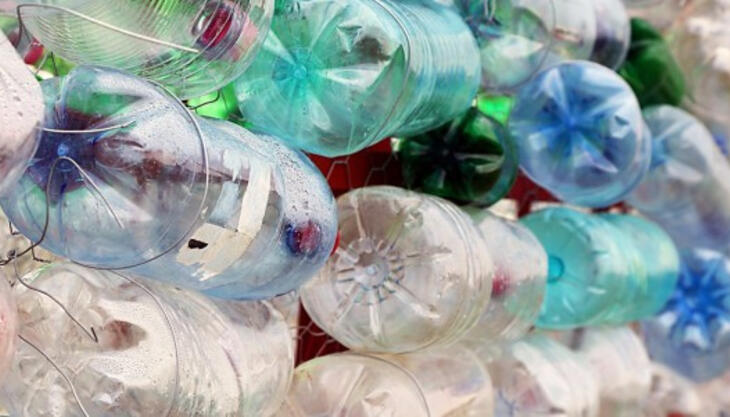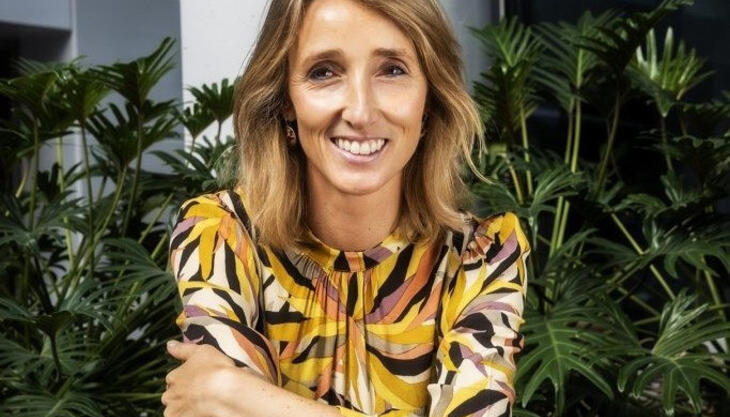Borealis supports the circular economy in Kenya
The capital city of Kenya, Nairobi, generates more than 2,400 tons of solid waste every day, in entire Kenya this is estimated to be more than 22,000 tons of waste per day. In such a context, Ecopost collects and recycles plastic waste through a replicable and scalable model, while at the same time creating jobs for operators, plastic waste collectors, and distributors. Its solutions divert plastic waste from open burning, dumping in waterways, sewers and landfilling by creating eco-friendly alternatives to fossil-based plastics for applications like fencing, signage and building material.
A key pillar of Ecopost business model is to work with marginalized youth and women groups who collect, sort, shred and prepare waste material for producing pellets and plastic lumber. These women are the most important people in the recycling value chain, while at the same time they are exposed to being underpaid for the waste they collect as middlemen selling the collected waste to waste recyclers typically capture the majority of the sales margin. Ecopost formalizes the informal waste picking community and incorporates training and capacity building across the value chain to achieve impact at scale and providing a fair and regular income to waste pickers.
Borealis will specifically support capacity building, training and engaging more waste collectors, as well as formalization of their work by funding entrepreneurial start-up kits for the youth and women groups.
Borealis and Ecopost share the same vision to stop waste leaking into the environment through the enhancement of circularity and to create a positive socio-economic and environmental impact. Both companies agreed on a collaboration where Borealis will fund Ecopost activities to boost waste recycling in Kenya and to promote a circular economy in line with the UN Sustainable Development Goals. Borealis supports a portfolio of similar initiatives via the Borealis Social Fund, whose aim is to contribute to the social welfare of communities by financially engaging in three focus areas, being education and social integration, water and energy, as well as waste and resource efficiency.
“We very much welcome Borealis support of our activities to implement the selected modules to improve the informal waste collection”, said Lorna Rutto, CEO of Ecopost. “The funds will make a positive impact to Ecopost as well as thousands of young people and women in the marginalized areas. It will be incredibly valuable in creating a more positive socio-economic and environmental impact.”
“Mismanaged waste adversely impacts livelihoods, human health and hinders sustainable development. Partnering with Ecopost not only complements Borealis’ vision towards a circular economy, but also helps reducing socio-economic differences, a key target area of the Borealis Social Fund”, Markus Horcher, director Sustainability & Public Affairs at Borealis commented.




















